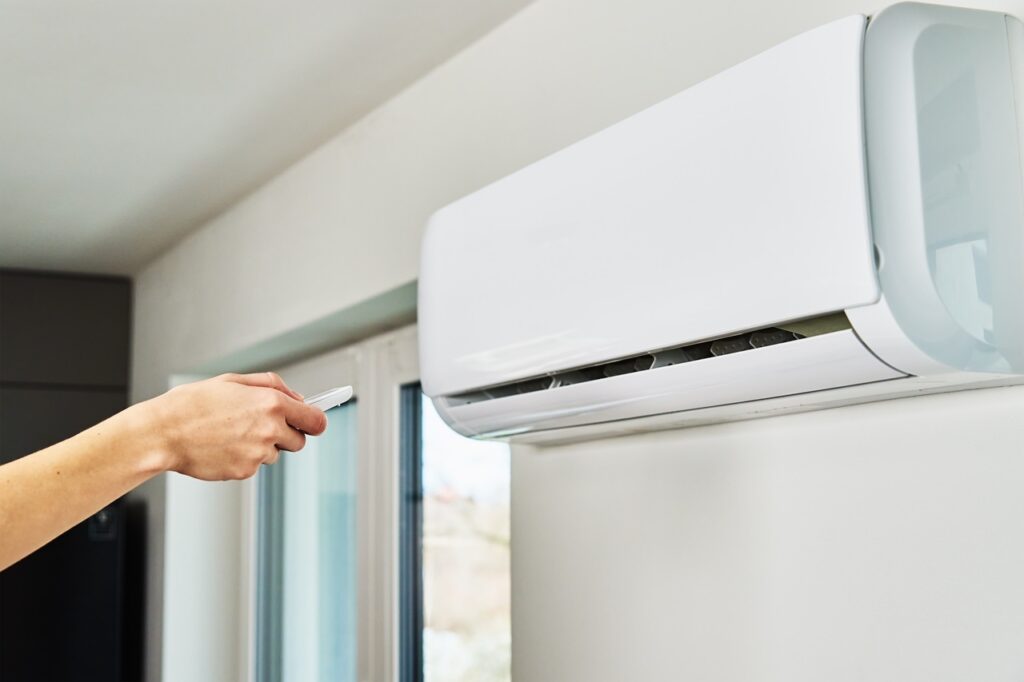Choosing the right air conditioning installation for your home can be a complex and sometimes overwhelming process. With so many options, technologies, and factors to consider, it’s essential to have a clear understanding of your specific needs, preferences, and your home’s physical constraints. Selecting an appropriate AC system will not only provide you with optimal comfort but also long-term energy savings and a higher return on your investment.
Get expert tips and guidance on everything you need to know about AC installations. Learn the essential factors to consider, helping you make an informed decision about your home’s unique climate control needs.
Types of Air Conditioning Systems to Consider
When selecting an AC installation for your home, the first crucial consideration is determining the type of system that best suits your needs. There are several common types of air conditioning systems, each with its unique features and advantages:
Central Air Conditioning Systems
Central air conditioning systems are a popular choice for homeowners seeking to cool the entire home via a network of ducts. These systems rely on a central cooling unit located outside of the home, which distributes cooled air through ducts in your walls, floors, or ceilings to maintain a consistent temperature throughout your living space. Central air systems are suitable for homes with existing ductwork or those where installing ductwork is feasible. Some benefits of central air systems include even cooling throughout the home, potentially greater energy efficiency, and a single control point for temperature adjustment.
Ductless Mini-Split Air Conditioning Systems
Ductless mini-split air conditioning systems consist of an outdoor compressor and individual indoor air-handling units mounted in each room or desired zone. These systems are connected through small refrigerant lines, eliminating the need for extensive ductwork and facilitating installation in homes with limited space or unique architectural features. The flexibility of ductless systems allows homeowners to control temperatures in each zone independently, enabling customization of comfort levels and potentially saving energy. Some benefits of ductless AC systems include precise temperature control, simplified installation, and improved indoor air quality.
System Size and Proper Sizing Techniques
Properly sizing your AC system is essential to achieving optimal performance and energy efficiency. A system that is too small will struggle to maintain comfortable temperatures and could lead to excessive energy consumption and wear on system components. Conversely, a system that is too large will cycle on and off more frequently, which can result in decreased efficiency and reduced component lifespan.
To ensure the correct system size, our professionals will evaluate the cooling load of your home. This involves taking into account factors such as your home’s square footage, insulation, number of windows, and local climate conditions. By accurately determining the cooling load, our technician can help you select a system that will provide optimal comfort and efficiency.
Evaluating Energy Efficiency Ratings and Costs
Energy efficiency is an essential factor to consider when selecting an AC installation for your home. A more efficient AC system will consume less energy, resulting in lower energy bills and a reduced environmental impact. The efficiency of air conditioning systems is typically represented by their Seasonal Energy Efficiency Ratio (SEER) rating. A higher SEER rating indicates greater energy efficiency and potential long-term savings.
While it’s natural to consider the initial cost of a new AC system, it’s important not to overlook the long-term operating costs associated with energy consumption and maintenance. An AC system with a higher SEER rating may have a higher upfront cost, but the potential savings on your energy bills can more than offset the initial expense over the system’s lifespan.
It’s essential to work with our professionals to evaluate the total cost of ownership for various AC systems, considering factors such as purchase price, installation costs, energy consumption, and maintenance expenses. This comprehensive analysis will allow you to make an informed decision that balances long-term savings with upfront costs and delivers the best value for your home and budget.
Conclusion:
Choosing the right AC installation for your home is a significant decision that can greatly impact your comfort, energy efficiency, and the overall quality of your living environment. By considering factors such as system type, size, energy efficiency ratings, and costs, you can select the perfect solution tailored to your unique needs and preferences.
Our expert technicians at Sprinter Heating are committed to guiding you through every step of this process, providing valuable insights and professional advice to ensure your satisfaction and comfort. Contact us today to schedule a consultation and discover how our AC installation in Rigby can transform your home’s comfort and efficiency for years to come!





